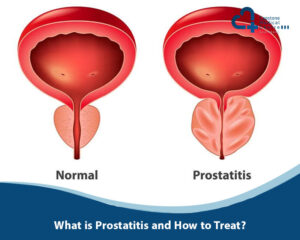
What is Prostatitis and How to Treat?
Prostatitis, a condition that has significant implications for men’s health,


MD, FRACGP, FACAM
Advance Diploma in General Dermatology
Diploma of Cosmetic Medicine
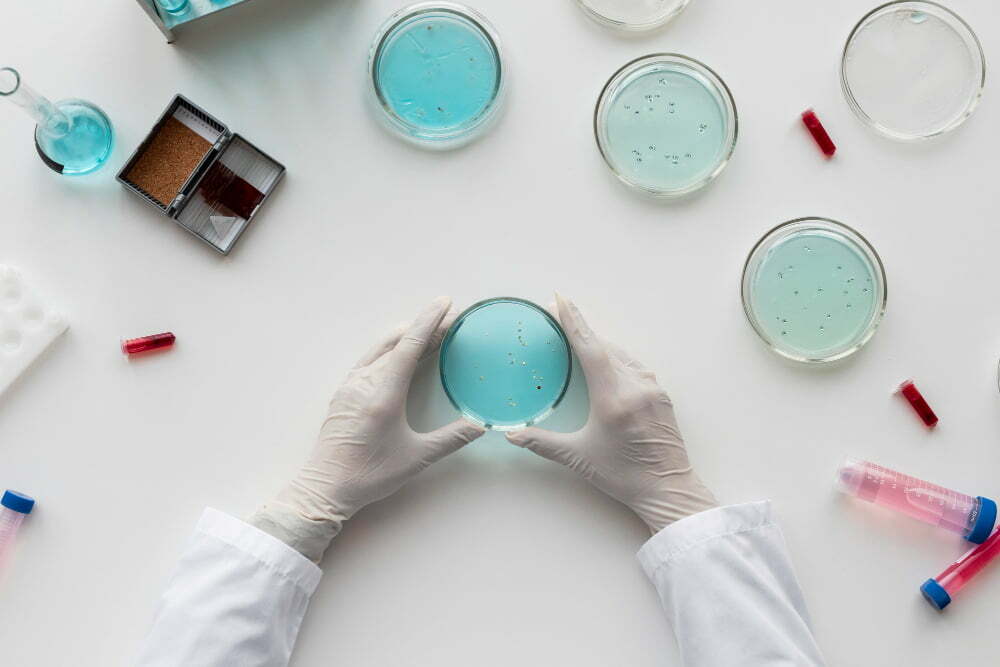
Chlamydia is caused by the bacteria Chlamydia trachomatis and is a prevalent sexually transmitted infection transmitted via unprotected sex. In Australia, it is the most commonly reported communicable disease, and although it affects mostly young, sexually active individuals, older patients are still at risk. Transmission can occur through contact with bodily fluids during vaginal, anal, or oral sex, and semen is not necessary for transmission. Those who have recovered from the infection may still be at risk of reinfection.
Around 85-90% of infected individuals report no physical symptoms, but those who do may experience cervix inflammation, abnormal endocervical discharge, endocervical bleeding, pelvic inflammatory disease, testicular pain, swelling, and tenderness, epididymitis, urethra inflammation, abnormal discharge, painful urination, pain during sex, bleeding during or after sex, rectal inflammation, abnormal rectal discharge, rectal bleeding, conjunctivitis, and throat infections.
Chlamydia can be diagnosed through a first pass urine test, self-collected vaginal swab, clinician-collected endocervical swab, self or clinician-collected rectal swab, or pharyngeal swab. All tests use nucleic acid amplification (NAAT) and are considered the gold standard for chlamydia. Asymptomatic patients are encouraged to self-collect rectal or vaginal swabs, and concurrent gonorrhea testing is recommended.
A GP will prescribe a course of tetracycline antibiotics for chlamydia. Cephalosporic antibiotics may also be prescribed if there is concurrent gonorrhea infection. Pregnant individuals, those with an inserted IUD, or those allergic to medications should consult with their specialist or GP.
References:
AHSM. (2022). Chlamydia. STI Guidelines Australia.
https://sti.guidelines.org.au/sexually-transmissible-infections/chlamydia
Centre for Disease Control (CDC). (2021, July). Chlamydial Infections – STI Treatment Guidelines.

Prostatitis, a condition that has significant implications for men’s health,
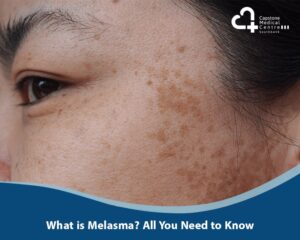
Ever looked in the mirror and noticed patchy brown or
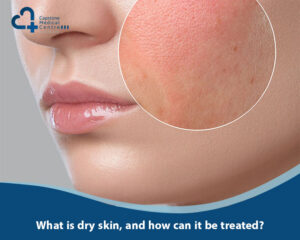
Ever feel like your skin is begging for moisture? That
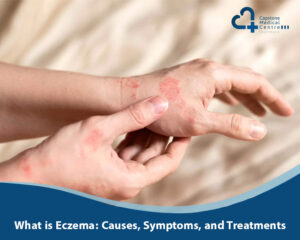
Do you ever find yourself relentlessly scratching your skin, battling
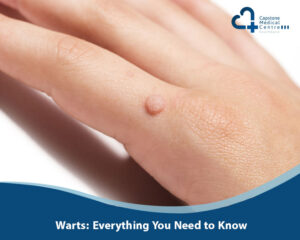
Have you noticed a rough bump on your hand or
Monday – Wednesday
Thursday – Friday
Saturday
Sunday
Public holidays
9 am to 5:30 pm
8:30 am to 6:30 pm
10.00 am to 3.00 pm
closed
closed
© 2020 All rights reserved.
